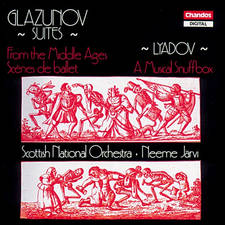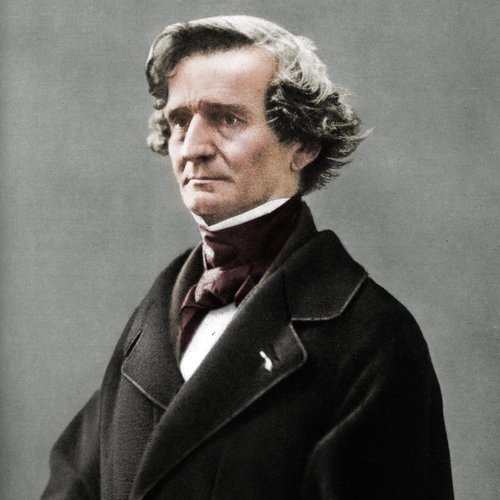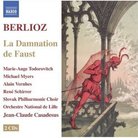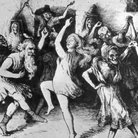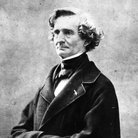Hector Berlioz: An Appreciation
A man of blinding vision, hardly anyone knew what to make of Hector Berlioz's all-encompassing brilliance.
Berlioz isn’t to everyone’s taste, is he?
Well, no. In fact there are those who can’t stand his music at any price, although few would deny his importance as an innovator. Yet Berlioz was no sensation-seeking iconoclast, rather a visionary seeker of eternal truths. Shortly before starting work on his Symphonie Fantastique, he wrote: “There are new things, many new things to be done; I feel it in every fibre of my being, and I shall achieve my aims, believe me, on my life.” Few would deny that he succeeded triumphantly.
What about those innovations?
Well, first and foremost Berlioz was an orchestral wizard, conjuring up previously undreamt-of combinations of sounds and textures. His melodic writing is also decidedly weird but wonderful. Just expect the unexpected, and you’re halfway there.
Did anyone really understand what he was up to?
Very few at the time, although the Russians adored him. Ravel referred to Berlioz as “France’s greatest composer”, but with the caveat that he was “a musician of great genius and little talent”, while Debussy simply dismissed him as “a monster”.
He didn’t do things by halves then?
No way! In 1844 he conducted a gargantuan concert featuring 1,022 performers, including 36 double basses for Beethoven’s Fifth, 24 French horns for Weber’s Der Freischütz Overture, and 25 harps for Rossini’s Prayer of Moses!
And his own music?
Much the same. His Requiem includes a passage for eight pairs of rumbling timpani and four extra brass ensembles in addition to the massive orchestra already assembled. His grand opera The Trojans was conceived on such an epic scale that he never heard it in its entirety.
But what’s his finest work overall?
Probably the song cycle Les Nuits D’été, one of Berlioz’s gentler masterpieces. Try La Spectre De La Rose, in which death becomes a sensual experience, suggested by the music’s pulsating lines, or Au Cimetiére, the most hauntingly memorable of the set.
